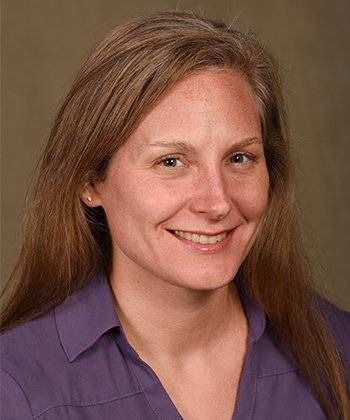
Professor of Biology
Post doc, McGill University
Ph.D., Cornell University
B.S., College of William and Mary
